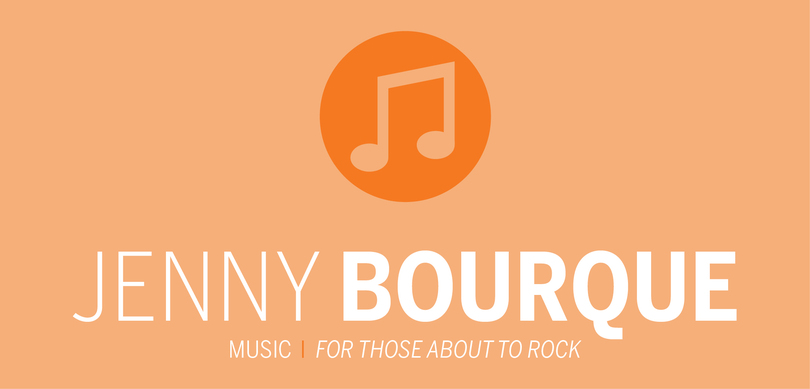Jay-Z says radio is losing its effectiveness and relevance in music

Radio is still going strong as a platform. People put it on for background noise or for its freeness and simplicity. But as opposed to streaming platforms, it is not the best choice for discovering new music like it was in the past.
Frank Ocean and Jay Z recently discussed this issue on Ocean’s new Beats 1 radio show “blonded RADIO.” Modern radio is based exclusively on advertisements instead of music, and the music that does play is very limited in its range.
“It’s unfortunate because with, you know, technology and everything moving forward, we should, it should be a better way that the music, the musicians, radio, and these things that are supposed to be instruments for the arts, should exist. And it shouldn’t be about advertisement,” Jay-Z said on the show.
To a degree, Jay Z’s remarks are biased, considering he owns the music-streaming platform Tidal. But he makes a good argument. Radio stations are riddled with advertisements, and so many of the stations are exhausting the songs that are popular at the time because it attracts the younger audience advertisers are after.
The infinite-choice concept of streaming services may be overwhelming to some who instead choose a genre they jive with and allow a radio DJ to pick the tunes for them. But after a while, the advertisements become so excessive and irritating that it’s better to just pay a monthly fee to listen to music ad-free. Some streaming services like Spotify and Apple Music are taking advantage of this, attracting radio-listeners with premade playlists catered to their taste.
There was a similar phenomenon in television, where the frequency and sheer quantity of advertisements in cable TV became a nuisance, opening the door for services like Netflix, Hulu and HBO Go to rise in popularity.
Advertisements are necessary for radio and TV stations to stay running, but it has reached a point of saturation that is unappealing to listeners and viewers. Artists make money from radio plays but their music is at times overpowered by advertising. This is why streaming becomes appealing on their end — they may be making less money, but at least they know people are actually hearing and being influenced by their music, which is usually more important than profit to artists who cares about what they are creating and how it affects the world around them.
Radio seems to be turning obsolete. There are times in my car, scrolling through every available radio station, and only one or two will be playing music — neither of which are playing anything appealing to me. On the rare occasion I encounter something I like, the song ends and is inevitably followed by more than five minutes of advertisements, enough time to get frustrated and just plug in the aux cord or switch to a CD. In terms of television, I haven’t willingly watched cable in years for the same reason.
While they have their place and necessity in society and culture, advertisements are simply becoming too frequent and excessive that they are losing their effectiveness. The future lies in streaming, and I am excited to see what strides the music industry makes to end up on the same page as television.
Jenny Bourque is a freshman English and textual studies major. Her column appears weekly in Pulp. You can email her at jabourqu@syr.edu.




